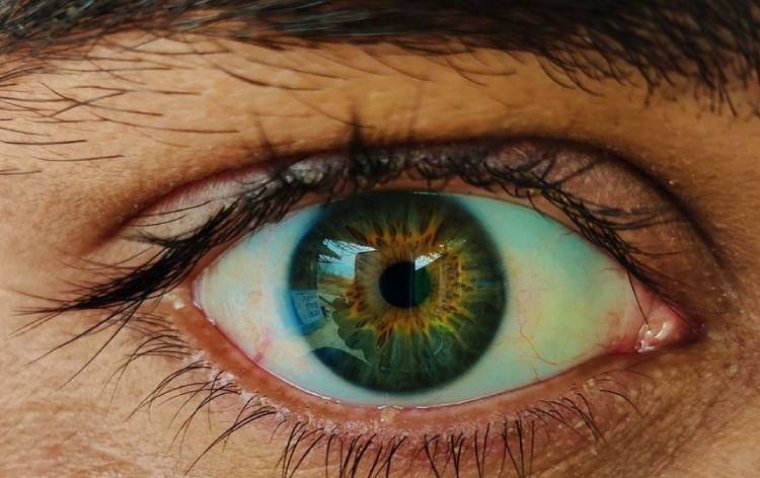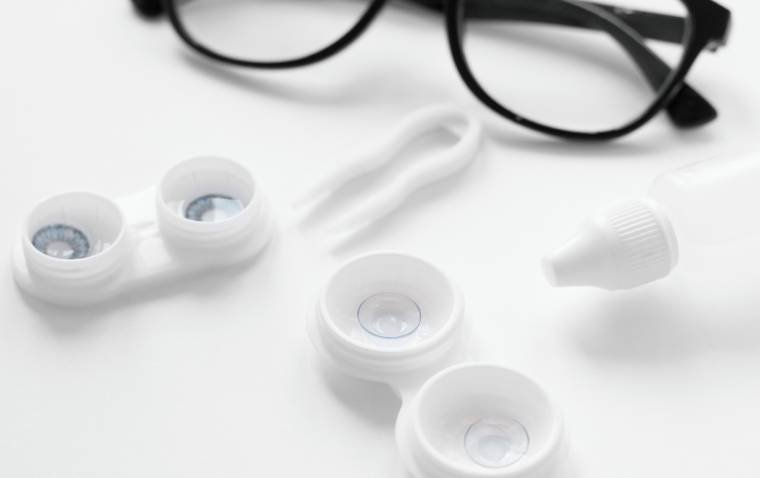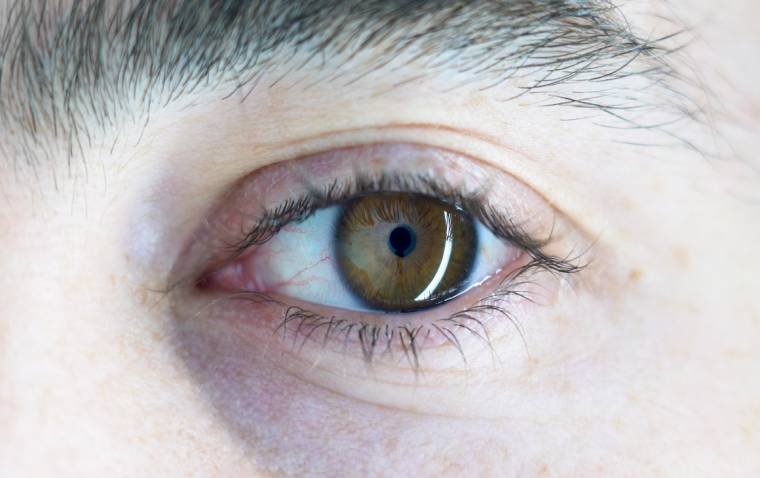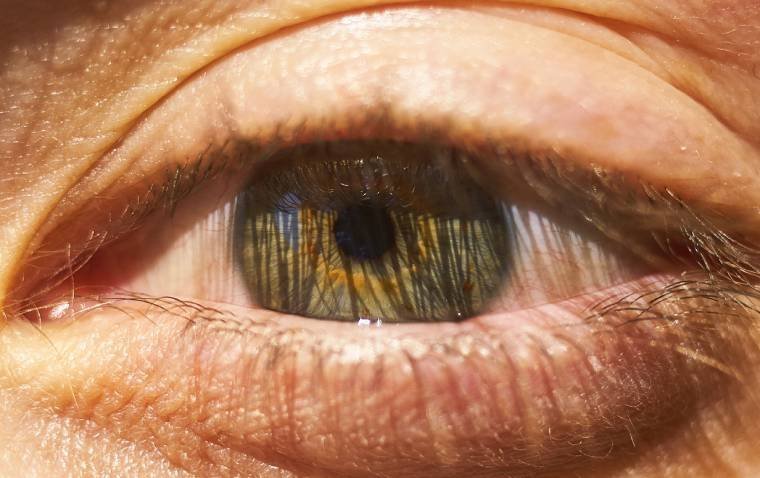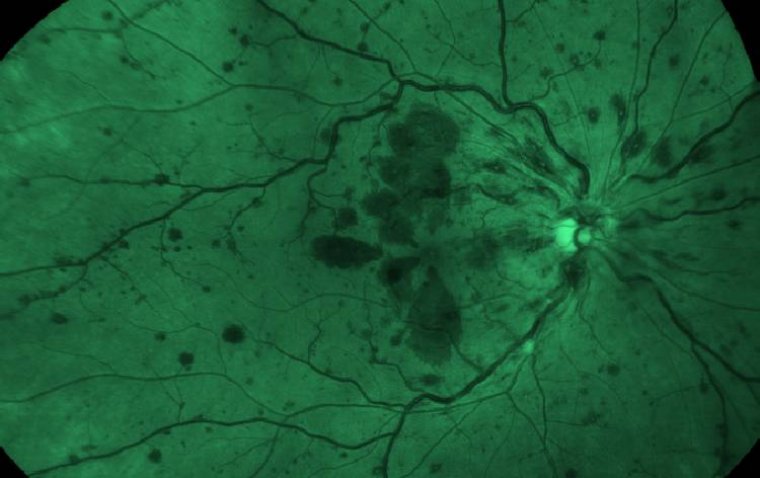
Wayne State University Secures $2.1M Grant for Diabetes-Related Eye Study
Dr. Fu-Shin Yu, a professor of Ophthalmology, Visual and Anatomical Sciences at Wayne State University School of Medicine, has been awarded a significant grant from the National Eye Institute of the National Institutes of Health.
The five-year grant, totaling $2,167,882, is dedicated to Dr. Yu’s research titled “Role of Programmed Cell Death Pathways in Bacterial Keratitis.” This study aims to reverse the adverse effects of diabetes on eyesight by investigating the biological processes that contribute to defects in immune response in diabetic patients' eyes and identifying methods to counteract them.
Research Focus on the Cornea
“The cornea, located at the front of the eye, is our focus,” Dr. Yu explained. “We aim to understand why diabetic patients are more susceptible to keratitis, or corneal infection. Why does the disease progress faster in these patients, and why are they more resistant to treatments? Diabetic patients are about 30% more likely to experience corneal infections.”
Using Mouse Models for Research
Dr. Yu's research employs mouse models of both type 1 and type 2 diabetes, using Pseudomonas aeruginosa as a model pathogen. This approach is crucial, especially in light of the Centers for Disease Control and Prevention (CDC) confirming 81 cases of a drug-resistant Pseudomonas aeruginosa strain across 18 states in May 2023. These cases resulted in four deaths, 14 instances of vision loss, and four cases of enucleation, underscoring the urgent need to understand the increased susceptibility and severity of bacterial keratitis in diabetic patients.
Investigating Increased Susceptibility in Diabetic Patients
Diabetic patients exhibit a higher incidence of infection, greater disease severity, and increased resistance to some treatments, leading to rapid progression of microbial keratitis in the corneas of those affected by diabetes. Dr. Yu noted, “We found evidence that mice are more susceptible to corneal infections. Our approach involves analyzing samples from the mice’s infected corneas with similar severity. We look at the RNA sequences in the samples and compare the progression of the infection and identify the pathways, or biological processes. By comparing normal pathways to diabetic pathways, we can explore potential treatment avenues.”
Impact of Diabetes in the United States
According to the CDC, approximately 34.2 million people in the United States—roughly 10.5% of the population—had diabetes in 2018. This condition significantly contributes to sight loss, making research into its ocular effects vital for public health.
“The loss of sight can be debilitating, and diabetes, which contributes to sight loss, is a condition that affects countless individuals,” said Ezemenari M Obasi, Ph.D., vice president for Research at Wayne State University. “Dr. Yu and other Wayne State researchers are addressing many issues that may have a significant impact on people’s lives now and in the future. It is an excellent example of how Wayne State University is playing a unique and influential role in Detroit and beyond by advancing the health and well-being of our communities.”
The grant number for this award from the National Eye Institute of the National Institutes of Health is R01EY035785.
(1).jpg)


